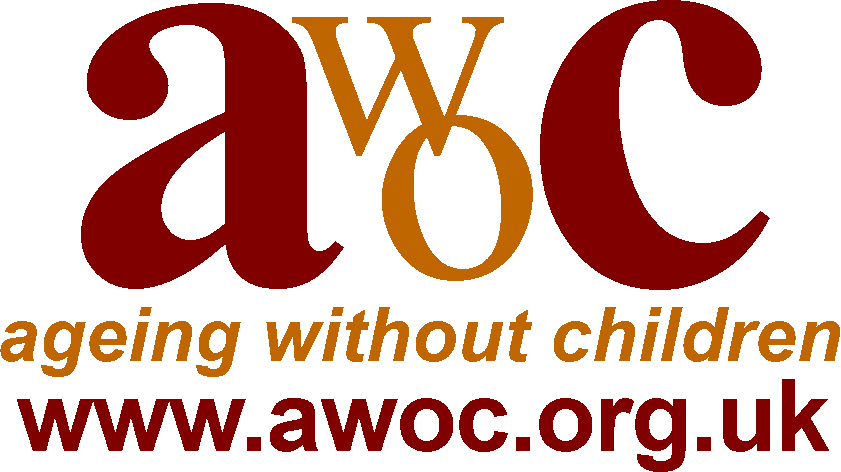“As the baby-boomer generation ages, a growing ‘family care gap’ will develop as the number of older people in need of care outstrips the number of adult children able to provide it. This is expected to occur for the first time in 2017” The Generation Strain, Institute off Public Policy Research 2014
This year for the first time, older people need care and support than there is family to provide it. This is the beginning of the path that leads to 2030 by when there will be approximately 2 million people over 65 without adult children.
92% of informal care is supplied by family members, 92%. However much policy documents might say “older people their family and carers” the reality of the situation is that for older people their family ARE their carers and those without children, and even more those who are without children and a partner are hugely disadvantaged in a system that just assumes all older people have family.
Very few documents on ageing refer to people ageing without children or any family and if they do, it’s in passing, perhaps a line or two. There is no strategy on how to deal with the effect of hundreds of thousands of older people being without family. In fact far from there being a strategy to deal with older people without family, the direction of travel is to ask and expect more of family
“We ask individuals first of all what they can do for themselves, and then we turn to the family and say ‘What can they do’, then to the local community and say ‘What can you do’, then only after that do we think about what the council should do”
Home Truths, Kings Fund/Nuffield Trust, 2016
Below is a list of care and support routinely supplied by family to older people
82% provide practical help such as preparing meals, doing laundry or shopping
76% keep an eye on the person they care for
68% keep them company
62% take the person they care for out
49% help the person they care for with financial matters
47% help the person they care for deal with care services and benefits
38% help with aspects of personal care
38% provide physical help
Source: Niblett P, Survey of Carers in Households 2009/10. The Health and Social Care Information Centre, 2010
How will this kind of care and support be replaced for older people without children or other family?
We will repeat what we said last year; there really are no excuses for organisations working with older people whether state, third sector or private to continue the myth that families aren’t absolutely vital to providing support and care to older people, and that older people without family are at a massive disadvantage. We know that there are going to be an awful lot more older people without family and this deserves just as much consideration as issues around dementia or carers.
We hope that this year will be the year when issues affecting people ageing without children such as the family care gap will start to feature in mainstream discussions on ageing, where reports on ageing won’t be published without people ageing without children being included, where policy and guidance on ageing will no longer say “older people their family and carers” but will say “older people, their family and carers, and those older people without family or carers”.
Bluntly it is hard enough as every carer of older person will tell you navigating the immensely complex health and social care system if you have someone to advocate for you, someone to make the endless phone calls, fill out the forms and provide all the help and care that thanks to austerity no longer exists from local authorities. There are already hundreds of thousands of people ageing without children trying to manage whose existence is barely acknowledged in thinking and planning on ageing, soon there will be hundreds of thousands more. Carrying on as if everyone bar the odd handful of older people has family is simply not an option anymore.
The family care gap is now here; we must all tackle it together to find a way forward before older people without children become second class citizens in a system where only those with family can shout loud enough to get help.
